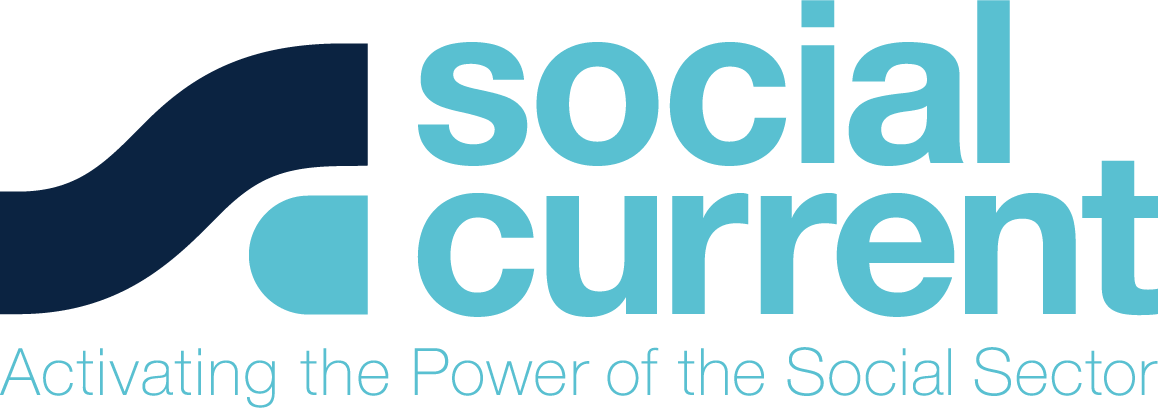For a teenager who is approaching eighteen and aging out of residential or foster care, the future can look very scary. Youth in this situation face significant difficulties, including a lack of stable housing, educational disruptions, and unemployment. These difficulties are often compounded by financial instability, poor mental or physical health, and a lack of a support system that is usually provided by family. It is also common to have difficulty navigating the complex systems for resources like housing, healthcare, and social services.
In Florida, 60% of children in foster care age out of the system and most of them are not prepared to live on their own. As many as 25% of those who age out become homeless within a year. For youth on their own, that first year is especially difficult when they lack a supportive adult to assist them with the application process to secure housing and to find employment. It becomes evident in many of these cases that the youth never attained some of the basic life skills necessary to succeed, such as budgeting, opening a bank account, or managing credit.
One option for youth who are aging out of foster care in Florida is Extended Foster Care, which they can access until they are 21 (or 22 with a disability). Participation in this program requires the youth to have been in legal custody of the Department of Children and Families (DCF) when they turned 18. They must also be participating in one of the following activities:
- Finishing high school or completing a GED
- Enrolled in post-secondary education
- Working at least 80 hours a month
- Participating in a job skills program
- Unable to participate in one of the above full-time due to a documented disability
Housing support programs exist as another option for youth who are aging out of care. One such program is the Independent Living program at Residing Hope that assists young adults (18-26) as they age out of traditional residential group care, foster care, or simply need support maintaining stable housing. In addition to housing, the Independent Living program provides:
- Life Skills Training and Career Development – Includes daily living skills (food preparation, money management and budgeting, personal hygiene, and maintenance of a living area), social skills training, pre-vocational training and career development.
- Mental Health Therapy – Includes assessments and treatment planning, as well as individual and group sessions. These services are directed towards reaching autonomy and independence by addressing the trauma, emotions, and thought processes that may limit personal functioning.
Many young adults have been successful with the help of the Independent Living program at Residing Hope. Phoenix, came to Residing Hope at seventeen after multiple placements elsewhere in the state. She was concerned that she was nearing eighteen and was not prepared to live on her own. She came into the Therapeutic Residential Care program, knowing she would have the option to transition into the Independent Living program at eighteen. Almost a year into the Independent Living program, Phoenix is working full-time and planning to start college next year. She has completed a driving course and earned her license, and is saving to purchase her first car. Phoenix said about the program, “I found a home here that I didn’t find anywhere else, and I feel like it’s been able to help a lot of different people.”







